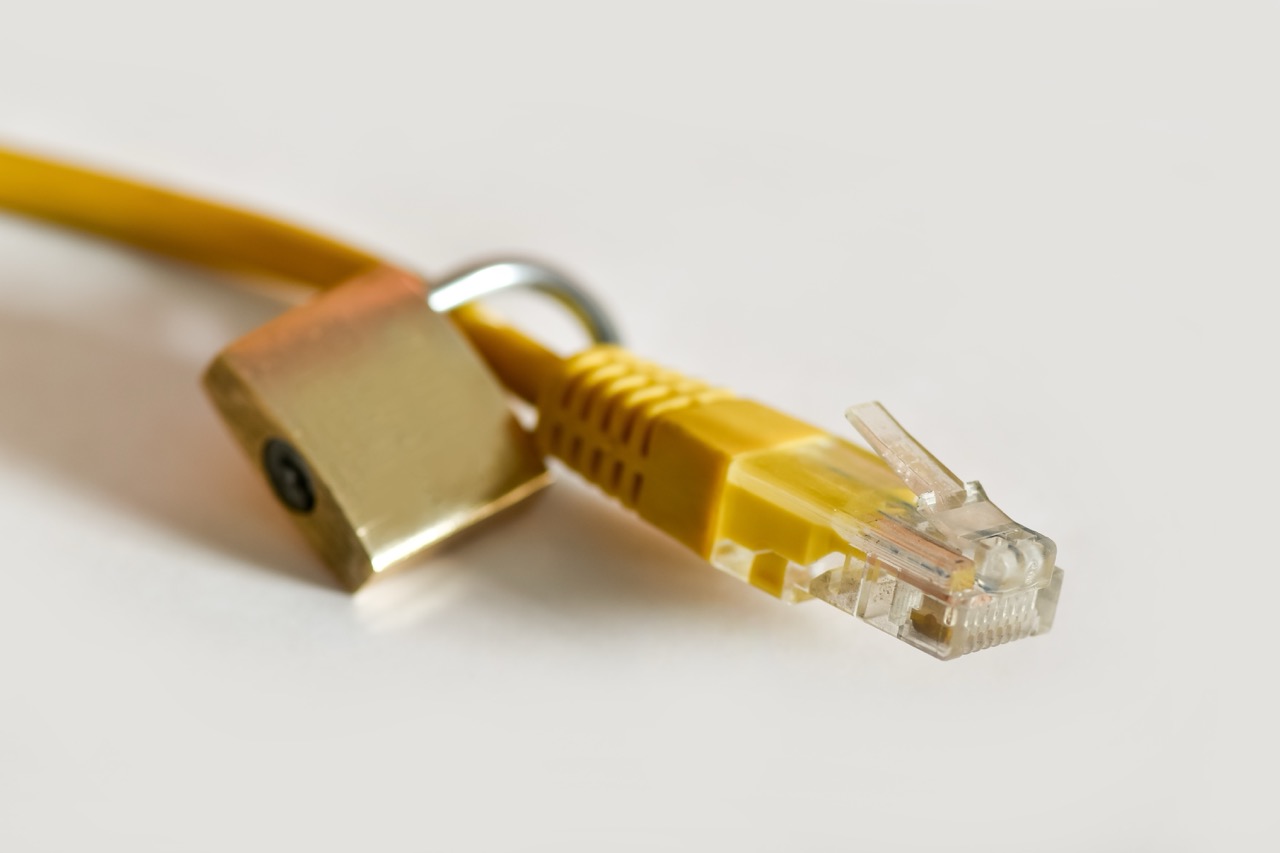In the digital age, protecting personal privacy has become increasingly important, especially with the rise of data breaches and surveillance. Virtual Private Networks (VPNs) are essential tools for safeguarding online activity, and two of the most notable names in the industry are NordVPN and ProtonVPN. This article aims to dissect the privacy features, security protocols, performance, and pricing of both services, ultimately helping users determine which option aligns better with their privacy needs.
Understanding the Privacy Features of NordVPN and ProtonVPN
When it comes to privacy, both NordVPN and ProtonVPN prioritize user anonymity and data protection. NordVPN employs a strict no-logs policy, meaning it does not track or store any user activity or connection logs. This commitment is backed by an independent audit that verified its privacy practices, assuring users that their online behavior remains confidential. Additionally, NordVPN offers features like CyberSec, which blocks ads and malicious websites, further enhancing the user’s secure browsing experience.
ProtonVPN, developed by the team behind the secure email service ProtonMail, also maintains a robust no-logs policy. Its focus on transparency is evident in its founding principles, which emphasize user privacy above all. ProtonVPN is based in Switzerland, a country with strong privacy laws, adding an extra layer of protection for users. It also offers Secure Core servers that route traffic through privacy-friendly countries, adding an additional layer of anonymity before reaching the final destination.
Both VPNs offer advanced features such as kill switches, which disable internet access if the VPN connection drops, and DNS leak protection. However, while NordVPN focuses more on speed and accessibility, ProtonVPN emphasizes transparency and ethical practices. Thus, the choice between the two may depend on whether users prioritize speed or a philosophy of digital rights and privacy.
Comparing Security Protocols: NordVPN vs. ProtonVPN
Security protocols are the backbone of any VPN service, dictating how data is encrypted and transmitted. NordVPN supports multiple protocols, including OpenVPN, IKEv2/IPsec, and WireGuard, the latter of which is known for its speed and security efficiency. NordVPN’s implementation of these protocols is robust, delivering a high level of encryption that protects user data from potential breaches. The use of Double VPN technology, which routes traffic through two servers, adds an additional layer of security for users who wish to enhance their anonymity further.
On the other hand, ProtonVPN also supports OpenVPN and IKEv2, but its primary focus is on providing a secure and private browsing experience without compromising speed. ProtonVPN incorporates the WireGuard protocol as well, which has gained traction for its modern approach to data security. Particularly noteworthy is ProtonVPN’s unique approach to security, such as its Secure Core feature, which routes user traffic through multiple servers in privacy-friendly jurisdictions, adding layers of obfuscation that are especially valuable for those at high risk of surveillance.
In summary, both VPNs offer high levels of security, but they approach it from slightly different angles. NordVPN excels in speed and additional security features like Double VPN, while ProtonVPN prioritizes ethical practices and user privacy through advanced routing techniques. Depending on user needs—whether it’s speed or layered security—either service provides strong encryption and security protocols.
Performance and Speed: A Crucial Factor for Privacy Tools
Performance and speed are critical factors for any VPN user, as a sluggish connection can diminish the benefits of enhanced privacy. NordVPN is well-known for its impressive speeds, particularly when using the WireGuard protocol, which allows for fast and reliable connections. Users often report minimal impact on internet speed, making it suitable for streaming, gaming, and other data-intensive activities. NordVPN’s extensive server network, with thousands of servers worldwide, also helps distribute load efficiently, thus further enhancing performance.
ProtonVPN, while secure, has had mixed reviews regarding speed. Its free version offers limited bandwidth that can lead to slower speeds, especially during peak times. However, its paid plans, which include access to faster servers, significantly improve performance. ProtonVPN is committed to maintaining high privacy standards, which sometimes may lead to lower speeds depending on the server location and load. Users focused primarily on privacy may find these trade-offs acceptable, but they should be mindful of potential speed limitations.
Ultimately, the choice between NordVPN and ProtonVPN may come down to how users prioritize speed versus overall privacy. For those who need a VPN primarily for streaming or gaming, NordVPN’s performance may be more appealing. Conversely, users who prioritize privacy and are willing to compromise slightly on speed may find ProtonVPN aligns better with their values.
Pricing and Value: Which VPN Offers Better Privacy Options?
Pricing is often a decisive factor for users when selecting a VPN service. NordVPN operates on a subscription model with multiple pricing tiers, offering significant discounts for long-term commitments. Its feature-rich plans include access to its full server network, advanced security features, and high-speed connections. The overall value proposition is strong, particularly when considering the extensive features included in the subscription, such as CyberSec and Double VPN.
ProtonVPN also utilizes a tiered pricing structure, boasting a free plan that provides limited access to its servers. While the free version is appealing for casual users, those seeking the complete suite of features—such as Secure Core or high-speed servers—must opt for the paid tiers. ProtonVPN’s pricing reflects its ethical approach to privacy, with a commitment to transparency in its operations. However, the cost can be considered higher than some competitors, which may deter budget-conscious users.
In conclusion, both NordVPN and ProtonVPN offer distinct value propositions. NordVPN provides a more feature-rich experience at a competitive price, while ProtonVPN focuses on ethical practices and privacy assurance, albeit potentially at a higher cost. Users must weigh their budget against their privacy needs to determine which VPN is ultimately the best fit for them.
Choosing between NordVPN and ProtonVPN hinges on individual priorities regarding privacy, security, performance, and budget. While both services provide strong features and protections for online privacy, the decision may come down to whether users value speed and extensive server access or a principled approach to data protection and transparency. Understanding these key differences is essential for making an informed choice in the quest for digital privacy.










